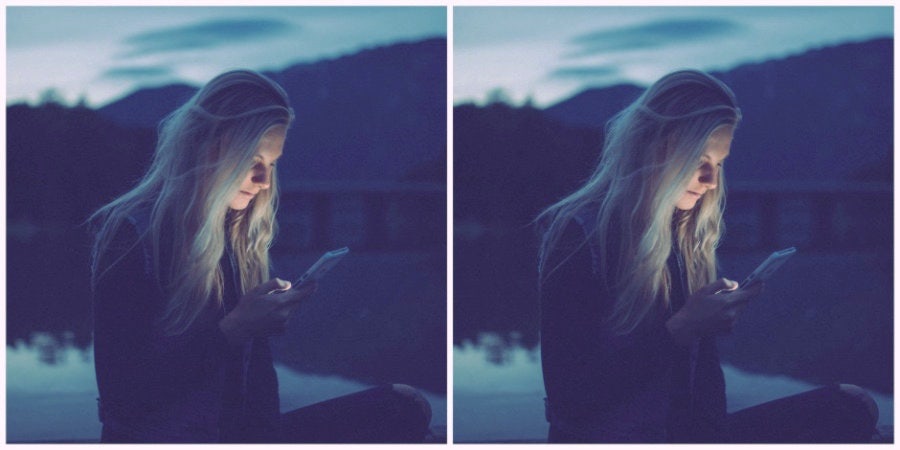3 Ways Social Media Is Making Us Feel More Lonely
Science has found that social media can make us feel very isolated.
 Unsplash
Unsplash Back in the days of the cavemen, we needed interpersonal relationships in order to survive.
We depended on others to protect us, collect food, and seek shelter.
Without others, we would die.
While this isn’t the case today, a lack of social connection can still have devastating effects on our physical and mental wellbeing.
In the past, the average person stated they had three close friends.
Today, however, the most common answer to that same question is “zero.”
While there may be a number of factors at play here, it is interesting to note that these trends started around the same time as our social media use increased.
Could there be a connection? And if so, what is it?
In a recent study, 1787 young adults filled out questionnaires to determine their daily and weekly internet usage patterns.
The study found that participants who used social media for more than two hours a day were twice as likely to feel socially isolated than those who spent fewer than 30 minutes using it per day.
Furthermore, those who visited various social media platforms 58 or more times per week were three times more likely to experience social isolation than those who visited platforms fewer than nine times per week.
So why are we seeing these trends?
Here are some potential reasons:
1. Feeling excluded
We’ve all scrolled through our social feeds and discovered a post or Snapchat of a night out that we weren’t invited to.
Though this may frequently happen, its apparent occurrence on social media often leads us to feel excluded, inadequate, unimportant, and alone.
Oftentimes, these posts are not intentionally malicious.
However, we often interpret them as deliberately exclusionary, which leads to our feelings of isolation.
2. Self-comparison
When you scroll through your social media feeds, it’s easy to believe that everyone is better-looking, more successful, or more popular than you are.
In the past, only magazines and movies exposed us to these sorts of idealized representations of people.
Now, they’re everywhere.
This increased exposure to others’ seemingly “perfect” lives causes us to feel disconnected and inferior.
Ultimately, these feelings of inadequacy can lead to social withdrawal.
3. Less time with real world interactions
Although increased social media use and greater feelings of social isolation do appear to be related, we must remember that correlation does not equal causation.
While social media may trigger feelings of loneliness, people may also turn to social media to cope with the loneliness they already feel.
Either way, this dangerous cycle can be problematic and may even lead to social anxiety because of our decreased exposure to social situations.
Is social media all negative? Definitely not!
Social media does provide some wonderful benefits.
For example, one study suggested that social media may help introverted young people develop social skills.
These platforms also allows people to share resources and study a wider variety of topics.
These platforms even help us communicate with others easily, especially when there are barriers to face-to-face communication.
Social media does not directly cause loneliness; the ways we use it and how we perceive life through it are the real problems.
We should acknowledge how social media influences our emotions.
Be mindful of how you use these platforms and how it makes you feel.
Consider finding a balance between social media and in-person interactions.
Don’t become trapped in the loneliness epidemic; let technology enhance your life without consuming you.
Mary Andreadis is a writer who focuses on health and wellness and self-care. For more of her health and wellness content, visit her author profile on Unwritten.

